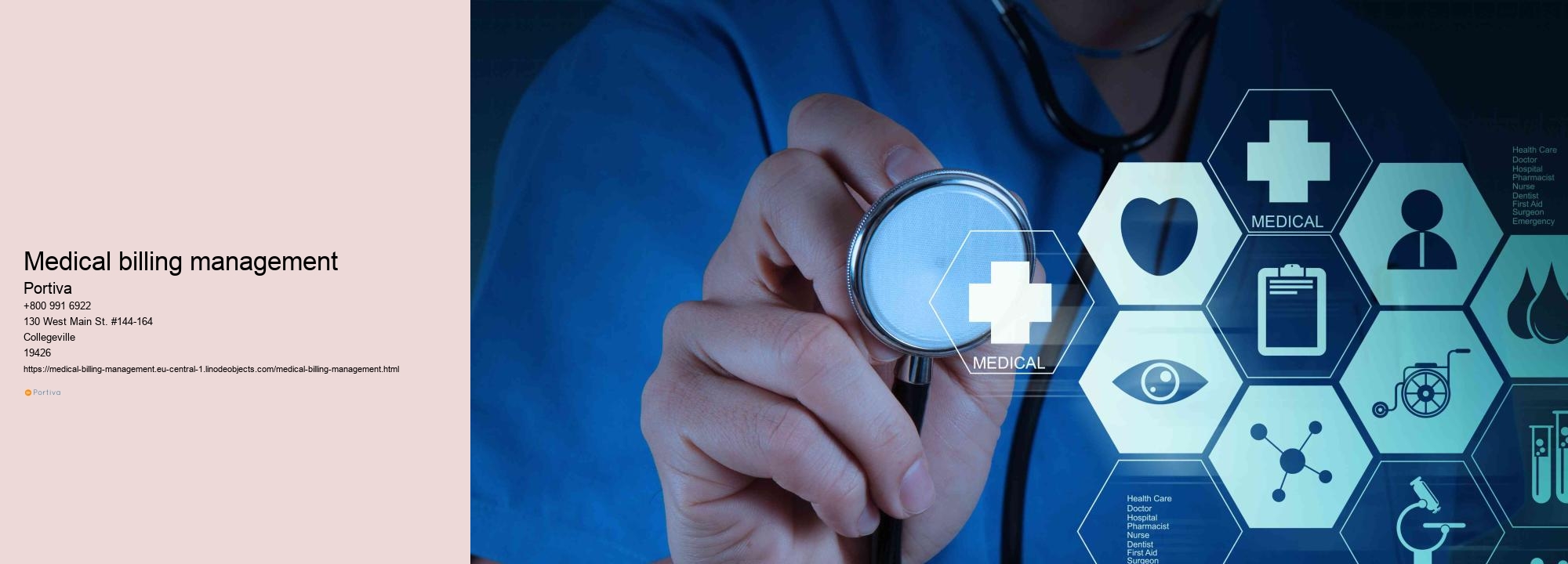




Billing management is a critical process for businesses to track and manage invoices and accounts across various customers. It involves managing the entire billing cycle, from creating invoices to collecting payments, and can encompass multiple billing management solutions. Effective billing management enables businesses to streamline their invoicing and payment processes, reduce errors, and improve cash flow. By leveraging advanced billing software solutions, businesses can automate many of the manual processes associated with billing management and gain greater visibility and control over their finances. Overall, billing management is an essential component of any business's financial operations, helping to ensure efficient and accurate billing and payment processing.
To become a billing manager or supervisor, there are certain skills that are necessary for success. Effective communication and exceptional customer service skills are a top priority in the billing industry. Candidates for these positions typically require at least five years of experience in billing, along with a degree in accounting or a related field. Knowledge of Microsoft Office and electronic billing is also essential in this role. As a billing manager, you will be responsible for overseeing the entire billing process, from creating invoices to collecting payments. In addition to technical skills, the ability to analyze data and make informed decisions is key to ensuring accurate and efficient billing management. The billing manager must also have excellent leadership and organizational skills to effectively manage their team and ensure everything runs smoothly. Overall, to be successful as a billing manager, it's important to have a combination of technical expertise, strong communication skills, and leadership abilities.
Billing specialists play an important role in ensuring that a business's billing process runs smoothly and efficiently. A billing specialist is responsible for sending invoices and account updates to clients in a timely manner, as well as tracking incoming payments. They must be able to handle client inquiries and resolve any issues that arise regarding invoices. In addition to these tasks, billing specialists are also responsible for maintaining accurate records of billing data and providing regular reports to management. They must ensure that all billing information is accurate and up-to-date, and they may need to work closely with other departments to ensure that billing processes align with overall business strategies and objectives. Overall, the billing specialist plays an essential role in maintaining positive client relationships, ensuring timely payment processing, and facilitating effective financial management within the organization
Accuracy is undoubtedly the most important aspect of billing. It is essential to ensure that every transaction is recorded correctly in the billing system, and customers are charged or credited accurately for the goods or services they have received. Accurate billing also helps avoid errors that could impact the financial health of the organization negatively. Failure to bill accurately could lead to loss of revenue, decreased customer satisfaction, and even legal issues. The process of billing must be precise, with no room for error. The importance of accuracy in billing requires a keen attention to detail, appropriate use of technology, and proper training of personnel involved in the billing process. Overall, accuracy is not just the foundation of billing but also an integral part of the customer experience, ensuring trust and credibility between businesses and their clients.